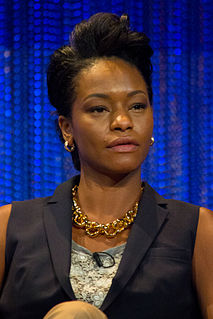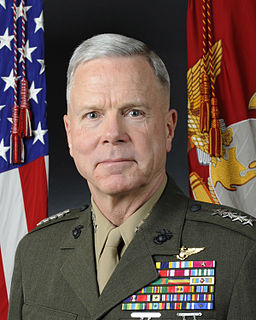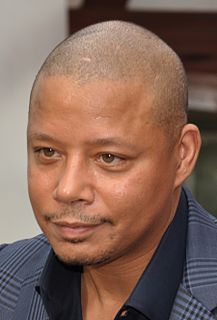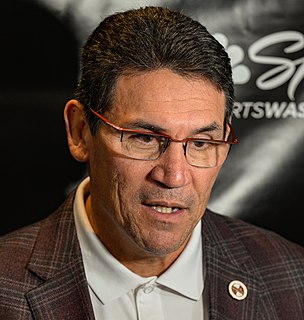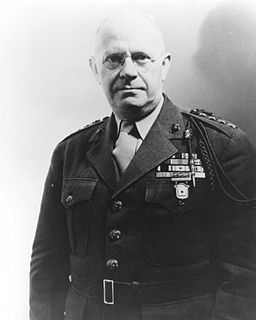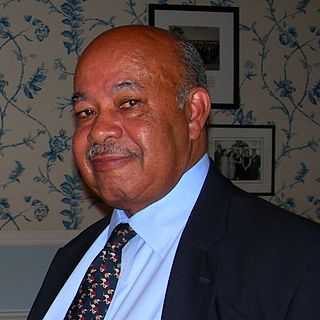A Quote by Daniel James, Jr.
The Marines don't have any race problems. They treat everybody like they're black.
Related Quotes
If you think about 'Person of Interest' with Taraji P. Henson or 'Scandal' with Kerry Washington - any of those black women could have been any race; they just happen to be black. And those are the characters that I'm more attracted to. It's not so much about separation of race, but really, more uniting us.
Black is confusing. Where does the line start and stop with what is black and what isn't black? People that are mixed-race, or, imagine being from Sri Lanka or Bangladesh, people might say you're black but your features are so non-black, like you've got straight hair, you've got like a sharper nose, or such.
Arguably the most important parallel between mass incarceration and Jim Crow is that both have served to define the meaning and significance of race in America. Indeed, a primary function of any racial caste system is to define the meaning of race in its time. Slavery defined what it meant to be black (a slave), and Jim Crow defined what it meant to be black (a second-class citizen). Today mass incarceration defines the meaning of blackness in America: black people, especially black men, are criminals. That is what it means to be black.
Recent events in the aftermath of Hurricane Katrina have reaffirmed for me, however, the complete folly of any Republican strategy to increase black representation in the Republican Party by appeals based on race. Whatever the name- 'African American Outreach' or 'Black Republicans for Bush'- any effort to attract blacks or any other ethnic group to the Republican party, based on explicit or implicit appeals to race or ethnic identity, are not only a waste of time and resources, but are also misguided and potentially quite damaging to the nation.
For black America needs a politics whose first mission isn't the reinforcement of the idea of black America; and a discourse of race that isn't centrally concerned with preserving the idea of race and racial unanimity. We need something we don't yet have: a way of speaking about black poverty that doesn't falsify the reality of black advancement; a way of speaking about black advancement that doesn't distort the enduring realities of black poverty.



